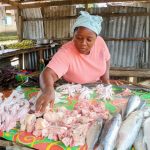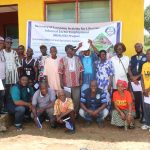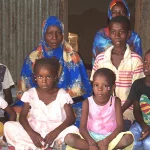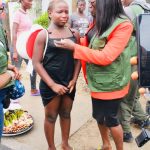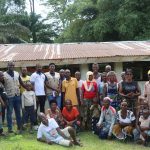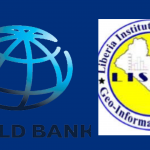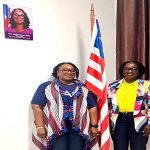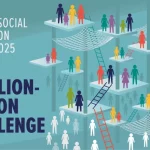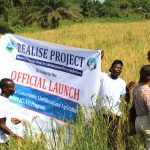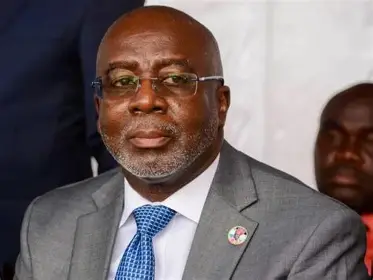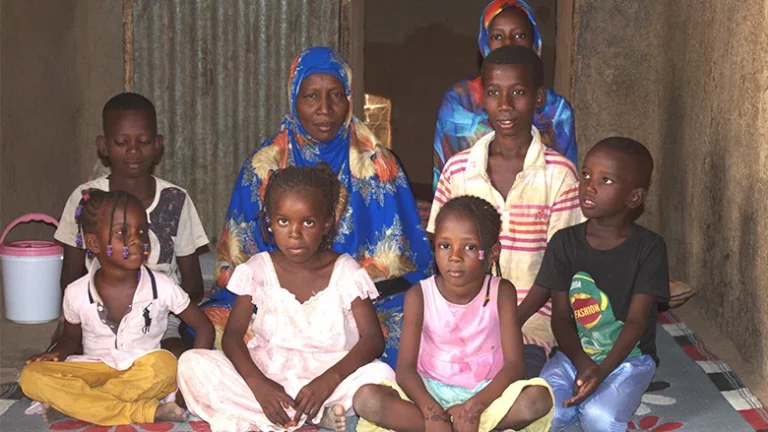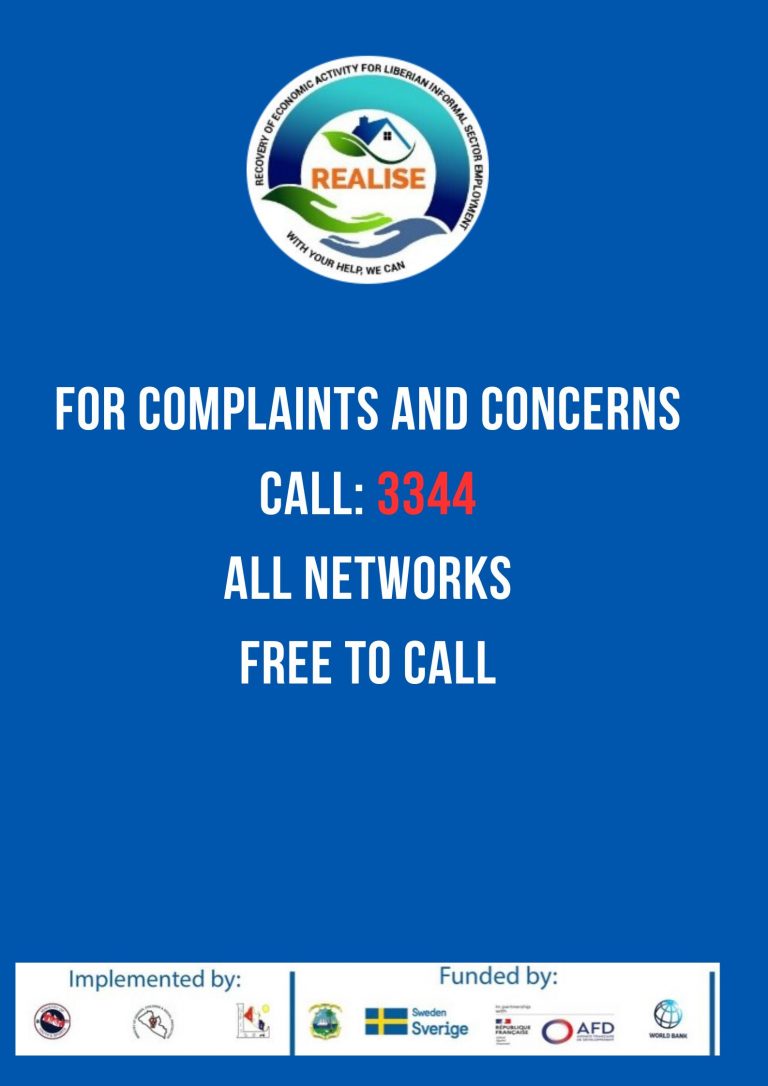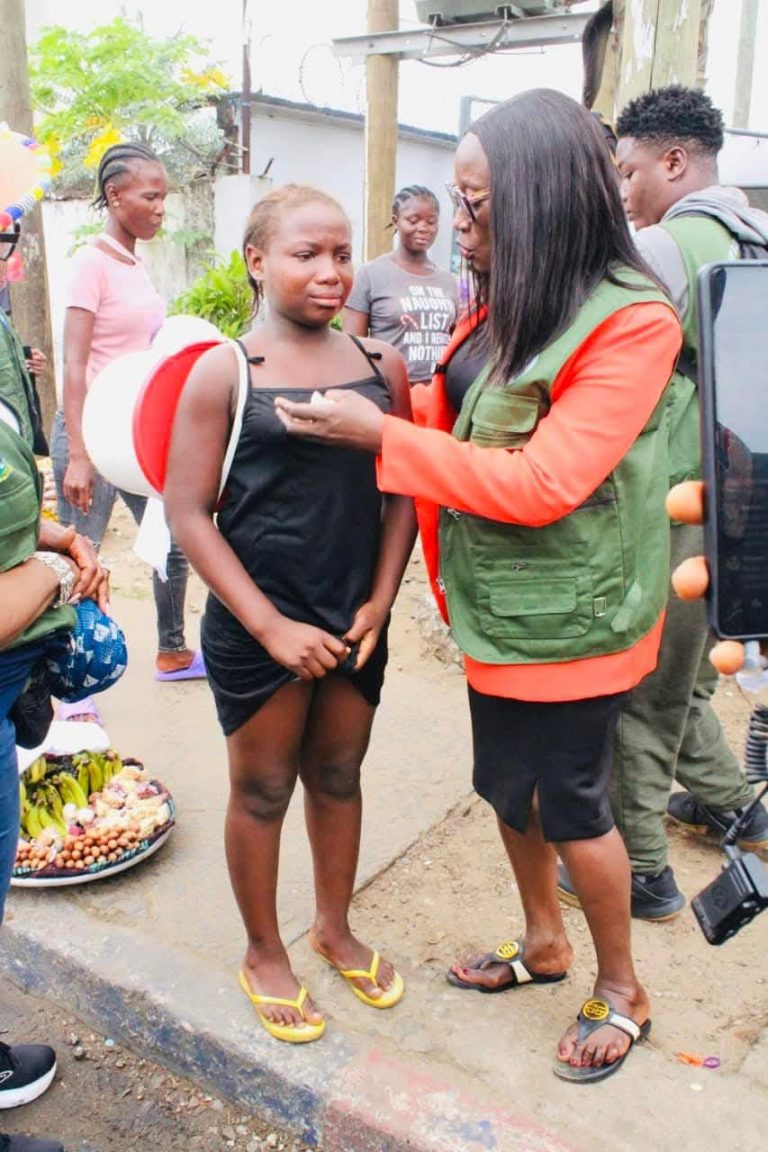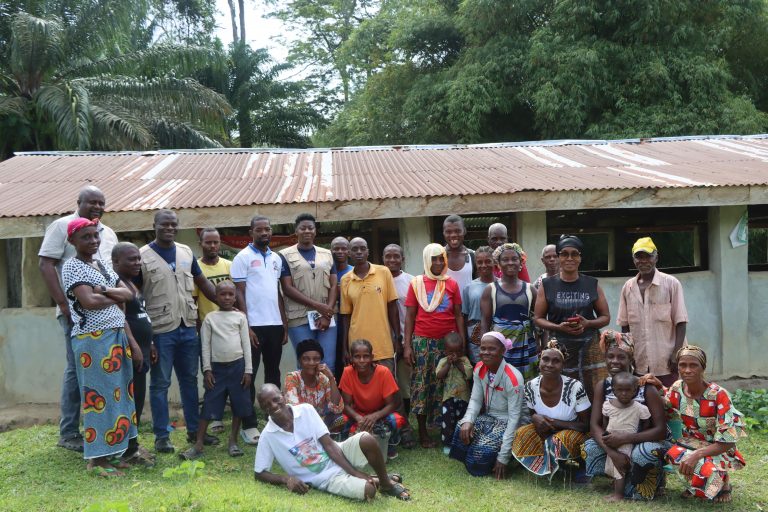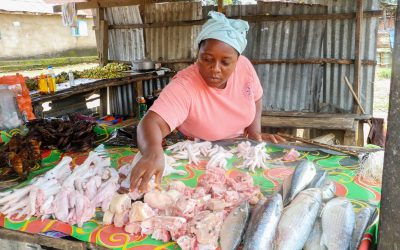Discover the national social protection system in Liberia, the challenges it faces, and the programs and services offered to target populations
What is Social Protection?
Social Protection is defined in Liberia “as a package of policies and programs, implemented as part of public action, that provide income or consumption transfers to the poorest, protect the most vulnerable against livelihood risks, and improve access to economic opportunities, with the aim of reducing food insecurity and deprivation, while increasing resilience of vulnerable households and groups to shocks”.
Why is Social Protection Important?
Social protection is a critical tool in poverty reduction, economic growth, and social development, ensuring that people are able to meet their basic needs and overcome shocks and vulnerabilities.
REALISE PDO
The REALISE Project Development Objective (PDO) is to increase access to income-earning opportunities for the vulnerable in the informal sector in response to crises, expand income and livelihood support to poor and food insecure households, and improve efficiency in managing social protection programs in Liberia.
Overview of the National Social Protection System in Liberia
Who Benefits?
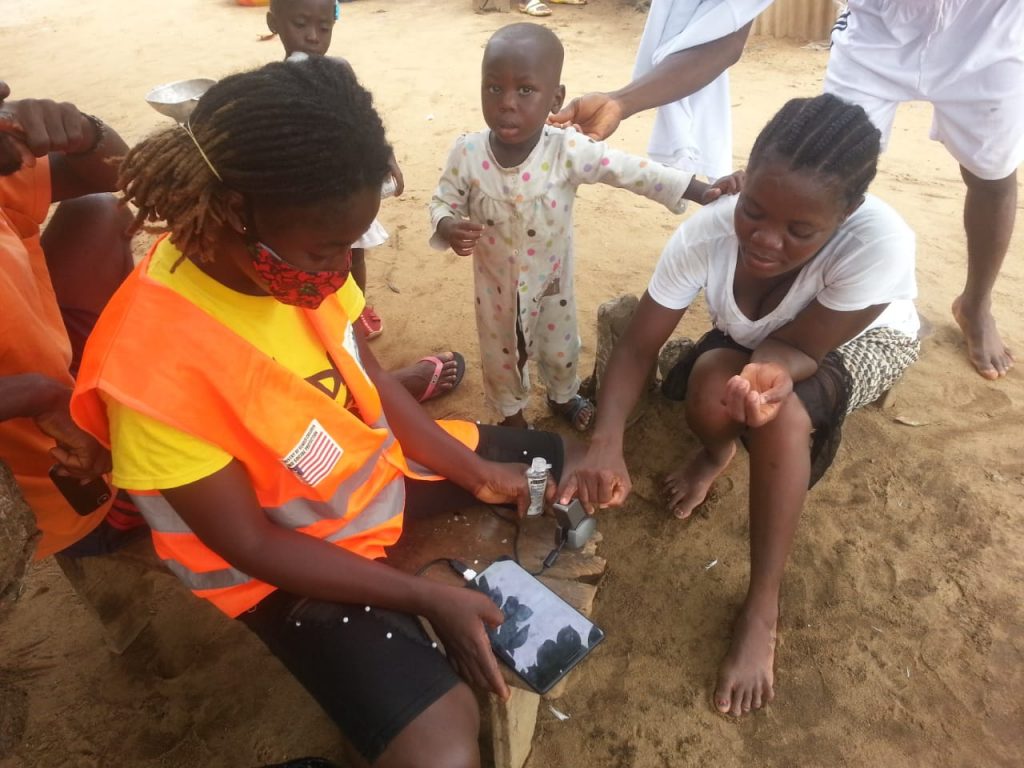
The system targets people living in poverty or at risk of poverty, including women and children, the elderly, persons with disabilities, and, in some cases, the dislocated and unemployed.
The national social protection system includes a range of programs such as cash transfers, labor-intensive public works, support to small businesses, women empowerment, and other safety net programs.
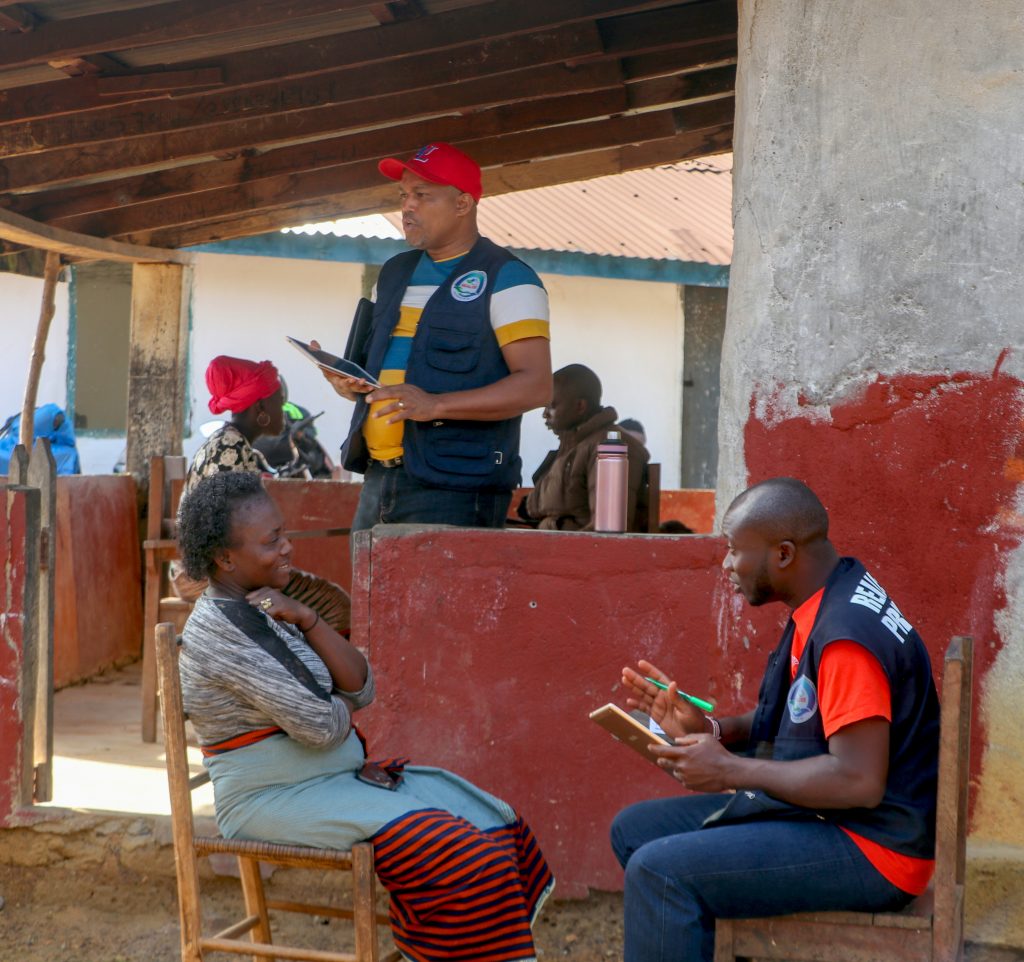
How is the System Funded?
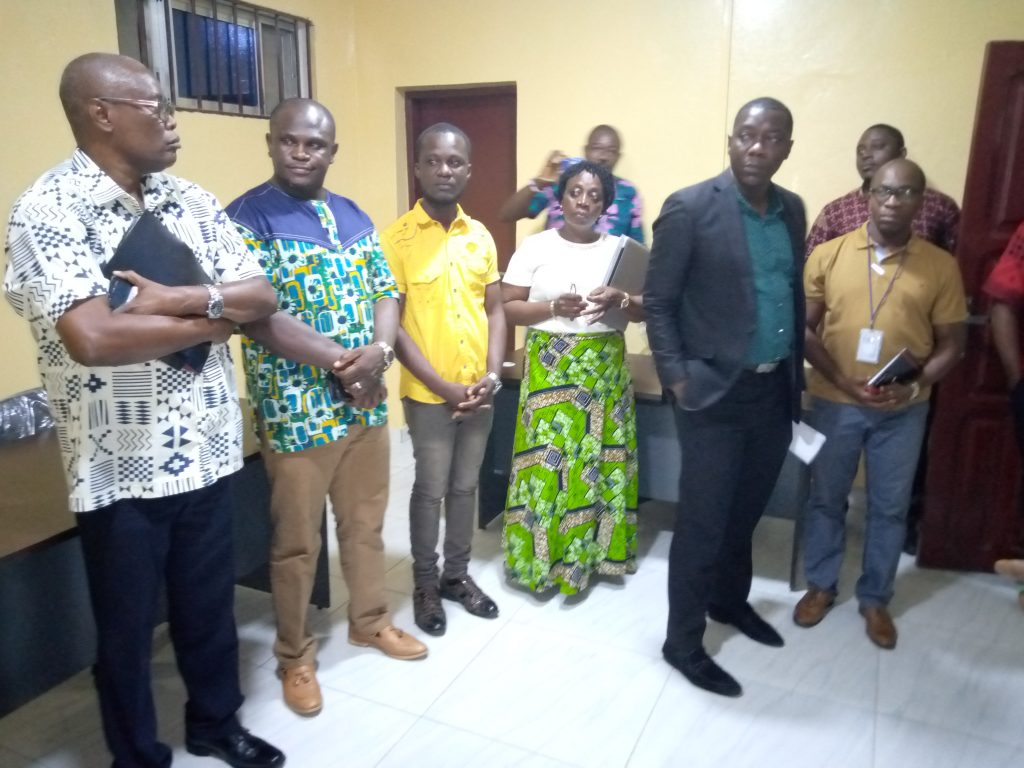
Funding for social protection comes from the government, bilateral and multilateral donor agencies.

